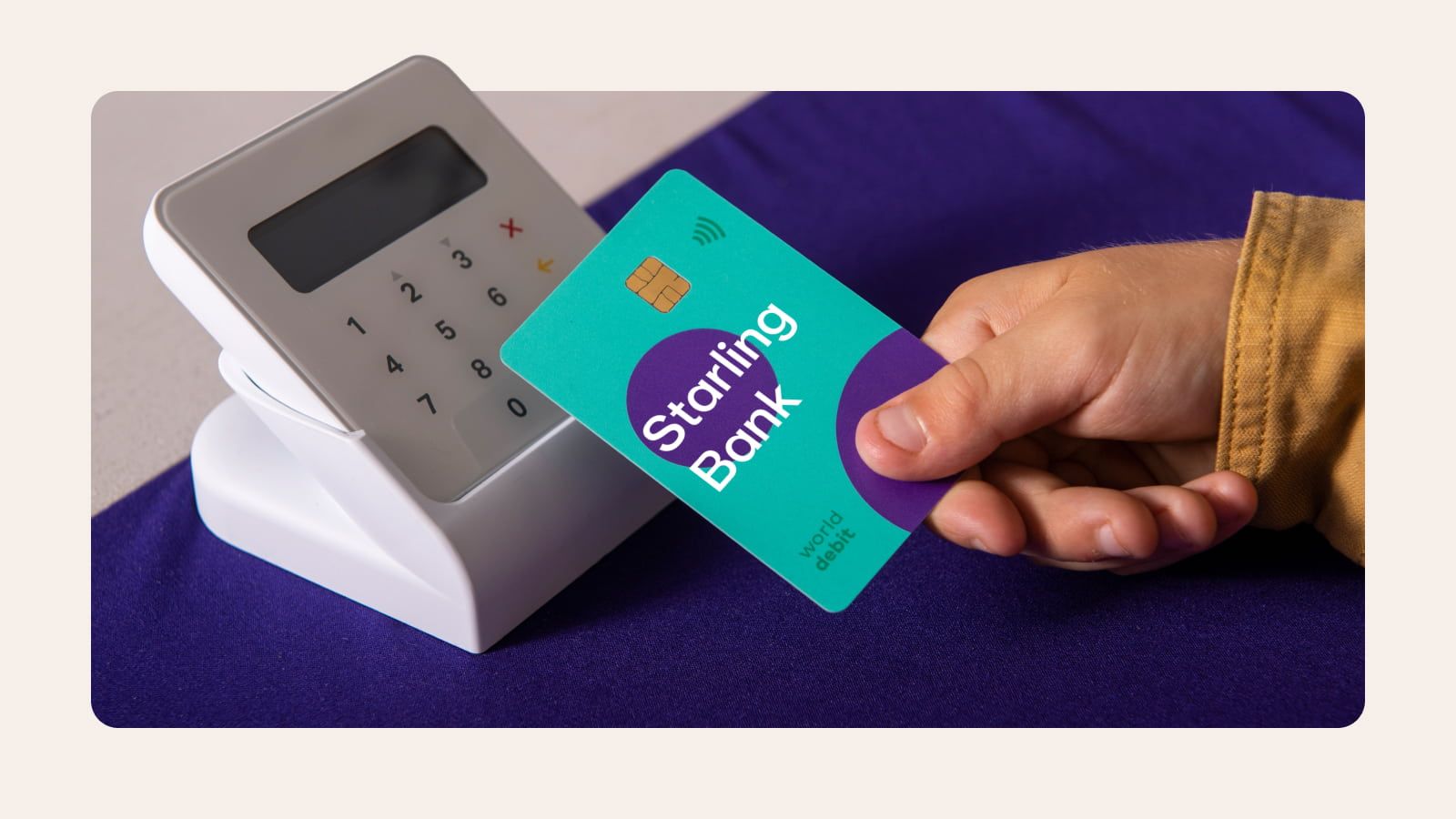The Gender Pay Gap is probably one of modern life’s greatest (not to mention galling) conundrums. Now, new research from Starling Bank and Loughborough University suggests that the pay gap starts as far back as our childhood.
Following on from Starling’s Make Money Equal campaign, which set out to equalise how men and women are spoken to and portrayed with money, this new study of more than 4,000 parents in the UK analysed their approach to kids pocket money and how it affects their children.
The findings are staggering – the pay disparity can be traced back to childhood where there’s a gargantuan-sized gender gap when it comes to pocket money. Boys receive a huge 20% more pocket money than girls at an average of £3.00 versus £2.50 a week. Unfortunately, the inequality doesn’t stop there.
The research analysed how some of the biggest online giants and established toy stores (for example Google Ad Words, Very and The Entertainer) market products to children based on their gender. Similar to the ‘pink tax’ (where products marketed to adult women cost more than those for men), the study revealed that girls’ toys cost 5.48% more than those sold to boys on average. It means that boys can buy more toys than girls and can save up for them at a faster rate.
It turns out my moans about the expense of my girls’ birthdays compared to my friends that have boys are justified after all (a quarter of those surveyed by Starling also back me up on this). After analysing 450 products, it was found that pink-ified toys cost an average of 5.16% more (£9.98) than toys that were marketed as gender neutral (£9.49).
So it’s no wonder that we’re still wrestling with a Gender Pay Gap, when our kid’s early stages of financial education begins with unfair pocket money payments and an extra pink tax on top.
That’s why Starling has launched its Make Pocket Money Equal campaign, to create change and give our kids an equal start.

